Today in history, on July 16, 1212, an epic battle — which the Islamic State still vows vengeance for — took place between Christians and Muslims, and presaged the demise of Islam in Spain, five hundred years after Muhammad’s followers first invaded and subjugated that nation beginning in 711.
From the start, a small pocket of Christian resistance remained in the northwest of Spain; from this “mustard seed,” the Reconquista — the Christian reconquest of Spain from Islam — spread out. Century after century, the Christians made slow advances south, until they had reclaimed nearly the northern half of Spain.
By the early thirteenth century, the Muslims, under Almohad caliph Muhammad al-Nasir, decided enough was enough. They marshaled one of the largest armies ever to march on Spanish soil, intent on extirpating Christianity by fire and sword. In a widely circulated letter attributed to the caliph himself, Muhammad declared that all Christians must “submit to our empire and convert to our [sharia] law.” Otherwise, “all those who adore the sign of the cross … will feel our scimitars.”
Pope Innocent III responded by proclaiming a crusade and calling on the Christians of Spain to unite and fight “against the enemies of the cross of the Lord who not only aspire to the destruction of the Spains, but also threatened to vent their rage on Christ’s faithful in other lands and, if they can — which God forbid — oppress the Christian name.”
Troubadours everywhere sought to rile Christians: “Saladin took Jerusalem,” they sang in verse, and “now the king of Morocco announces that he will fight against all the kings of the Christians with his treacherous Andalusians and Arabs,” who “in their pride think the world belongs to them.” The religious divide was heightened by a racial one: “Firm in the faith, let us not abandon our heritage to the black dogs from oversea.”
On July 14, the Christian and Muslim armies finally reached and camped at Las Navas de Tolosa, where the fate of Spain would be decided. The army Caliph Muhammad headed “was a very large, heterogeneous force,” writes Darío Fernández-Morera, “made up of Berbers, tough black slave warriors (the imesebelen, who were chained together as an unbreakable guard around the Almohad caliph’s tent), Arabs, Turkic mounted archers, Andalusian Muslim levies … mujahidin (volunteer religious fighters — jihadists — from all over the Islamic world), and even Christian mercenaries and defectors.”
The two forces could not have looked any more different: most of the approximately twelve thousand Spaniards were heavily armored; knights carried three-foot-long double-sided swords. In comparison, most of the African Muslims were near naked, their shields made of hippo hides. But the Muslims’ numbers — thirty thousand — and unbridled ferocity made up for it.
The Christians spent July 15, a Sunday, recuperating and preparing, including spiritually. On their knees, tearful men beat their chests and implored God for strength. Militant clergymen — all of whom were determined “to rip from the hands of the Muslims the land they held to the injury of the Christian name” — roamed the camp, administered the Eucharist, heard the confessions of and exhorted the crusaders to fight with all their might. Then, about midnight, “the voice of exultation and confession,” wrote a participant, “sounded in the Christian tents and the voice of the herald summoned all to arm themselves for the Lord’s battle.”
Looking on the enemy hordes arrayed against them, Alfonso VIII of Castile, the supreme leader of the Christian coalition, grew dismal. “Archbishop,” he addressed Rodrigo of Toledo, who stood beside him, “here we will die,” though a “death in such circumstances is not unworthy.”
“If it please God,” Rodrigo responded, “let it not be death, but the crown of victory; but if it should please God otherwise, we are all prepared to die together with you.”
Related: Today in History: King Richard Rocks Saladin’s World
With the crack of dawn, battle commenced on July 16. For long it was something of a stalemate. “Those lined up in the first ranks discovered that the Moors were ready for battle,” writes an eyewitness:
For every Muslim line the Christians broke through, others instantly formed, so great were the ranks of Islam. “At one point certain wretched Christians who were retreating and fleeing cried out that the Christians were overcome.” When King Alfonso “heard that cry of doom,” he and his knights “hastened quickly up the hill where the force of the battle was.”
“Then we,” Alfonso continues, “realizing that the fighting was becoming impossible for them [retreating Spaniards], started a cavalry charge, the cross of the Lord going before [us] and our banner with its image of the holy Virgin and her Son imposed upon our device.” They fought valiantly, but the Africans continued to close in on them.
Undeterred and now fighting like berserkers, the native sons of Spain finally broke through the Muslim center, slaughtering “a great multitude of them with the sword of the cross.” Sancho VII, the nearly seven-foot-tall giant king of Navarre, followed by his men, was first to bulldoze through and rout the African slave soldiers chained around the caliph’s tent.
Instantly mounting a horse, Muhammad “turned tail and fled. His men were killed and slaughtered in droves, and the site of the camp and the tents of the Moors became the tombs of the fallen. … In this way the battle of the Lord was triumphantly won, by God alone and through God alone,” concluded the victorious king, Alfonso VIII of Castile.
Las Navas de Tolosa was seen as a miracle by pope and peasant. Not only was the full might of the hitherto unbeatable Almohad caliphate decimated, but whereas tens of thousands of Muslims died, only some two thousand Christians — mostly the warrior-monks of the military orders who were always wherever the fighting was thickest — perished.
More importantly, it ushered in the liberation of Spain from Islam, as Muslim kingdoms in southern Spain came to fall one by one to the sword of the Reconquista, particularly at the hands of Alfonso’s grandson, Saint Ferdinand, so that, by 1248, only the remote kingdom of Granada, at the southernmost tip of Spain, remained to Islam — and it was a tributary of Castile.
Indeed, as an indicator of the importance of the Battle of Las Navas de Tolosa, for centuries thereafter, today, July 16, was celebrated as the “Triumph of the Holy Cross” in the Spanish calendar, until the reforms following the Second Vatican Council abolished it — in keeping with the spirit of the new age of historical amnesia.
The above account was excerpted from the author’s book, Sword and Scimitar: Fourteen Centuries of War between Islam and the West.

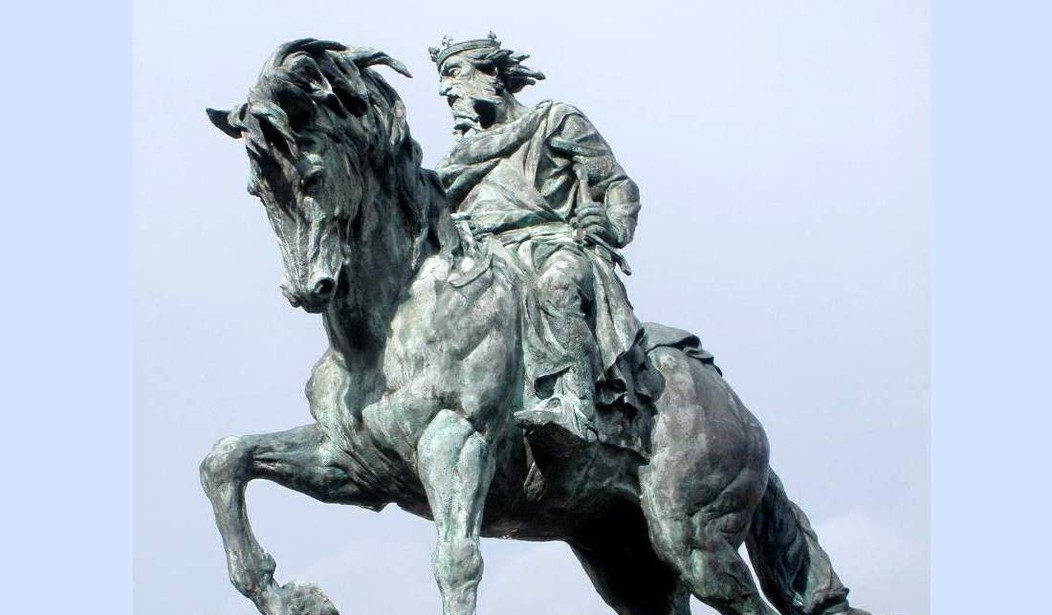

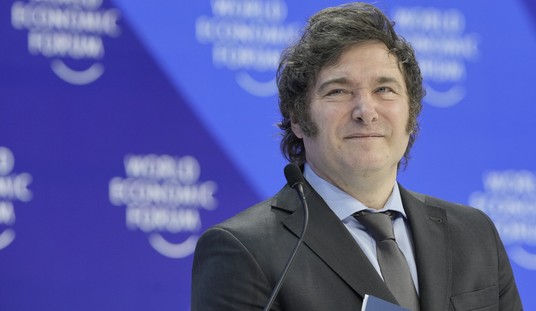
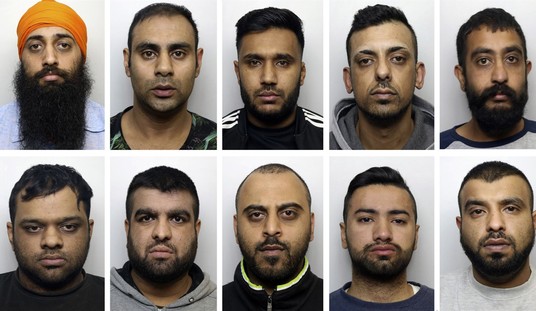
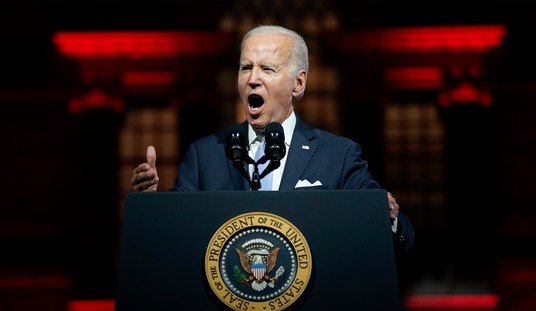

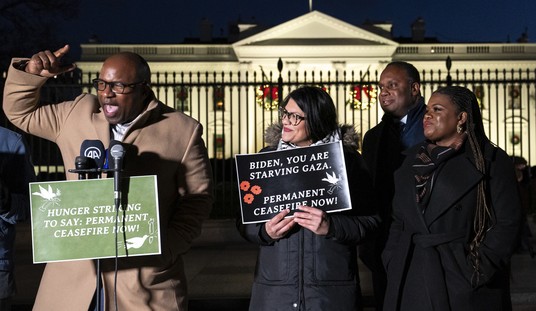

Join the conversation as a VIP Member